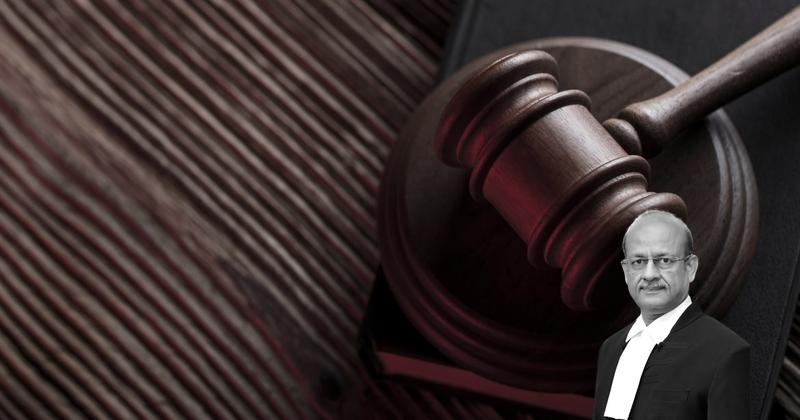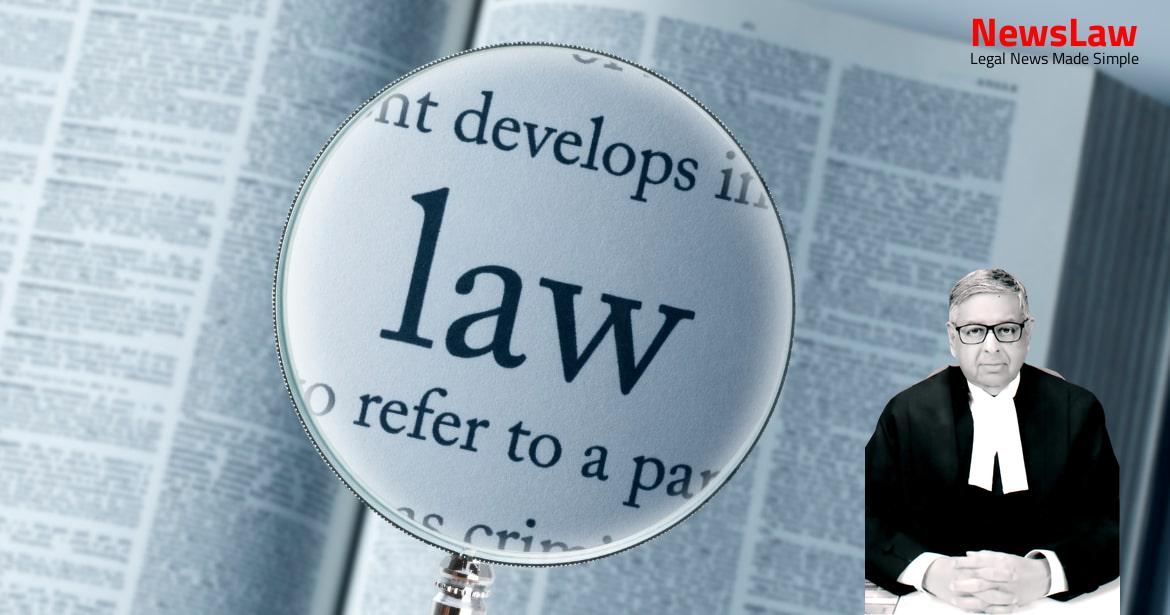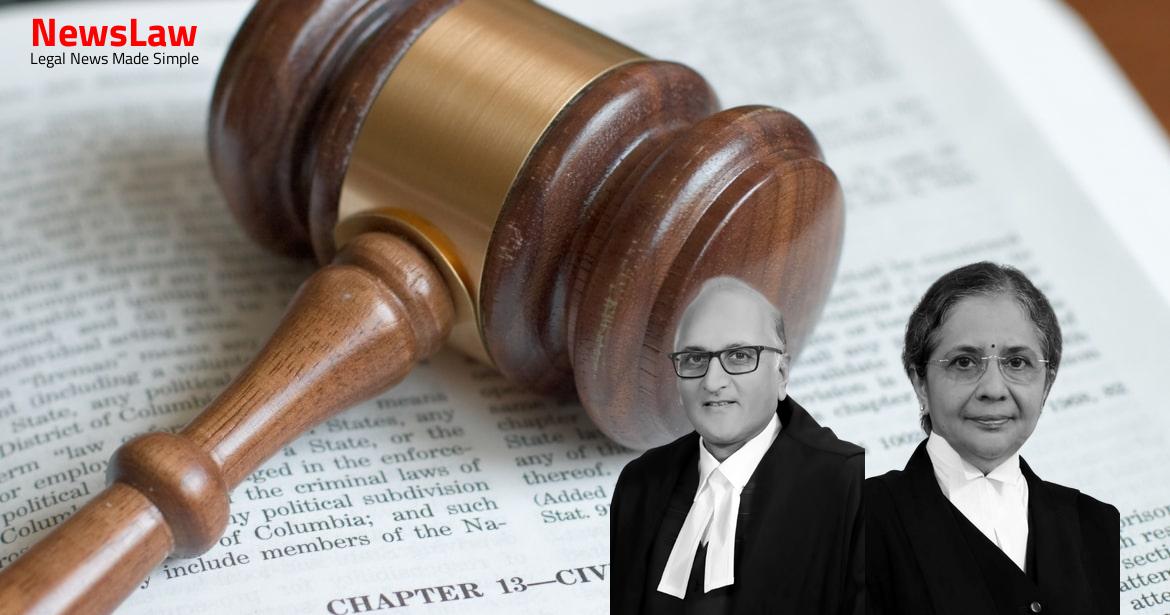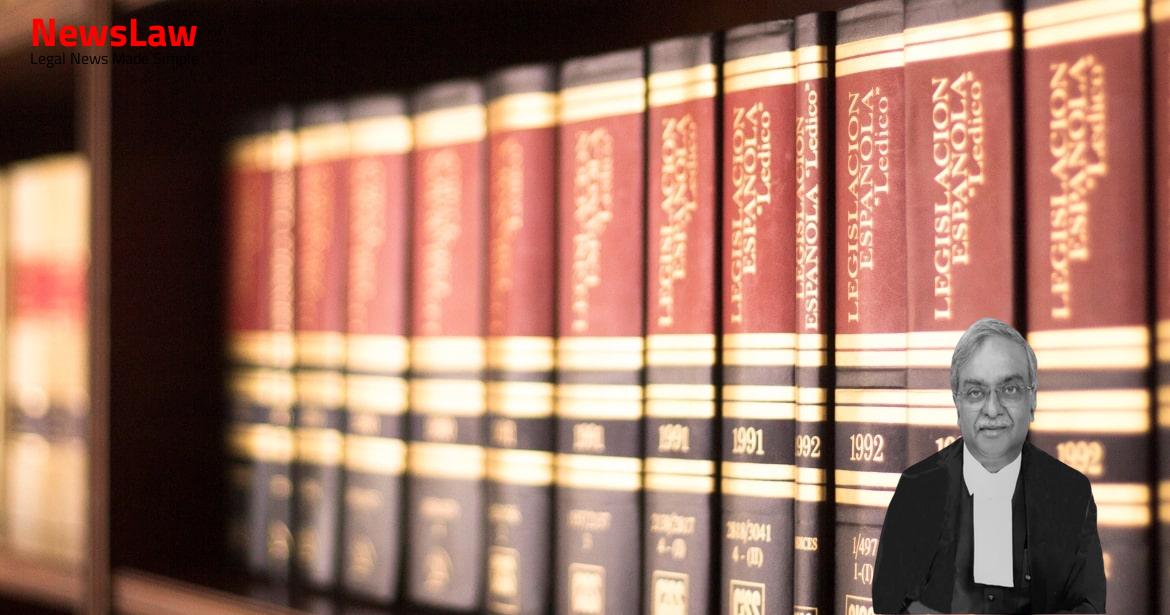The facts, as are evident from the paper book, are that a demand of 500/- was made as illegal gratification and the appellant accepted a sum of 300/- for supplying copy of death certificate of Maghar Singh (deceased). During the course of trial, Jit Singh, complainant (PW-1) and Chamkaur Singh (PW-2) did not support the prosecution version.
Meaning thereby the death certificate had been prepared prior to the date on which the appellant was assigned the duty to prepare the death certificate.
Surinderjit Singh (PW-7) were the formal witnesses whereas Harbans Kaur, Clerk of Civil Surgeon, Faridkot (PW-5) proved certain official record and sanction of prosecution in the case of the appellant. On the other hand, learned counsel for the State submitted that the fact that the phenolphthalein coated currency notes with same serial numbers were recovered from the appellant in the presence of independent witnesses, inference can be drawn that there was demand and that is why he accepted the illegal gratification, hence, the conviction of the appellant deserves to be upheld.
(c) Further, the fact in issue, namely the proof of demand and acceptance of illegal gratification can also be proved by circumstantial evidence in the absence of direct oral and documentary evidence. (d)
In order to prove the fact in issue, namely, the demand and acceptance of illegal gratification by the public servant, the following aspects have to be borne in mind: (i) if there is an offer to pay by the bribe giver without there being any demand from the public servant and the latter simply accepts the offer and receives the illegal gratification, it is a case of acceptance as per Section 7 of the Act. Similarly, a prior demand by the public servant when accepted by the bribe giver and in turn there is a payment made which is received by the public servant, would be an offence of obtainment under Section 13(1)(d) and (i) and (ii) of the Act.
On the basis of the material on record, the Court has the discretion to raise a presumption of fact while considering whether the fact of demand has been proved by the prosecution or not. Accordingly, the question referred for consideration of this Constitution Bench is answered as under: In the absence of evidence of the complainant (direct/primary, oral/documentary evidence), it is permissible to draw an inferential deduction of culpability/guilt of a public servant under Section 7 and Section 13(1)(d) read with Section 13(2) of the Act based on other evidence adduced by the prosecution.”
The Trial Court had specifically held that there is no evidence produced on record to prove the demand of illegal gratification.
The High Court has passed its judgment on the assumption that the money having been recovered from the appellant, there was demand of illegal gratification.
Oka) ________________, J.
Case Title: JAGTAR SINGH Vs. THE STATE OF PUNJAB (2023 INSC 279)
Case Number: Crl.A. No.-002136-002136 / 2010



